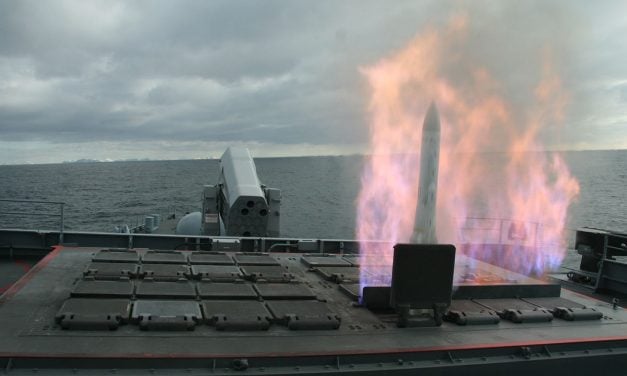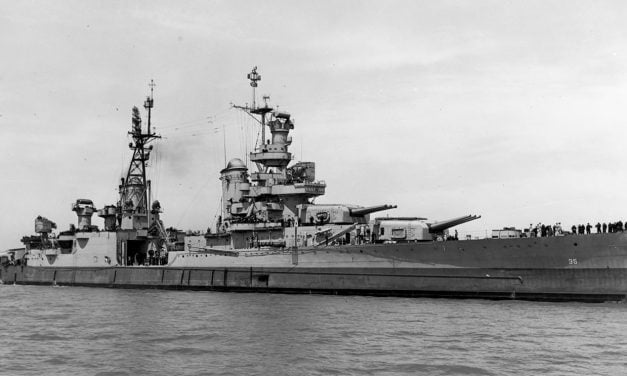Between theory and application
Only eight frigates and five supply vessels are currently available for operational duties in EF 2. Optimisation of exercise periods and virtual training help to train crews efficiently. With the reorganisation of Europe following the end of the East-West conflict, the German Navy and its partners were increasingly tasked with maintaining and re-establishing order at the external maritime borders of the European and Atlantic community of values as early as the beginning of the 1990s. The fight against international terrorism, the presence on the Levantine coast and finally the missions in connection with the consequences of the Arab Spring inevitably led to a significantly reduced fleet...
Weiterlesen






Latest comments